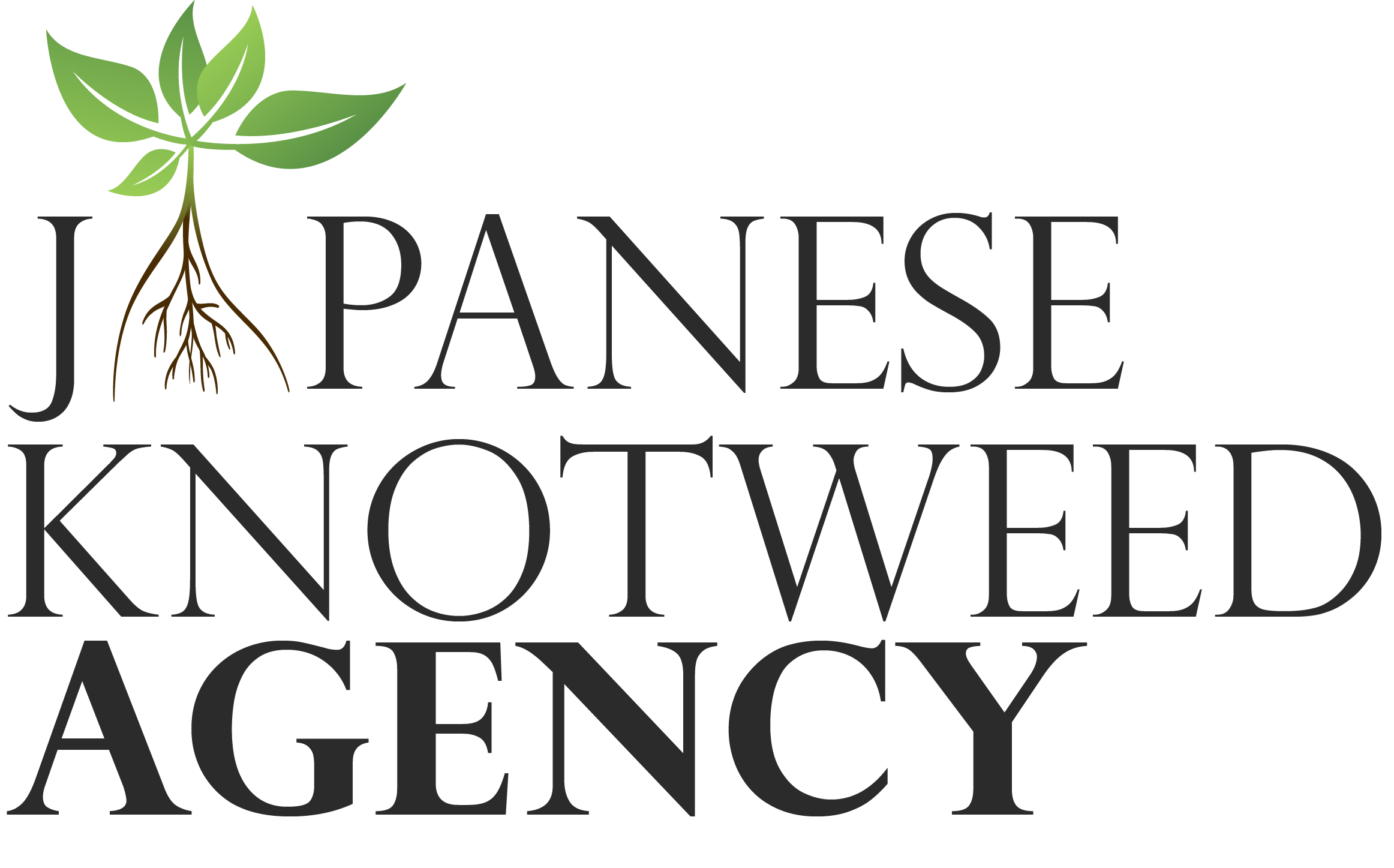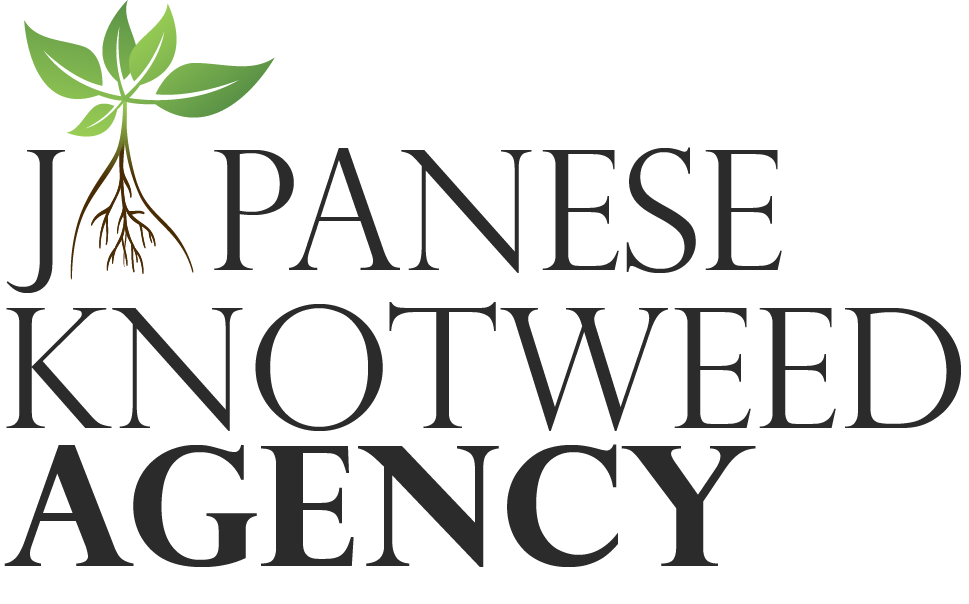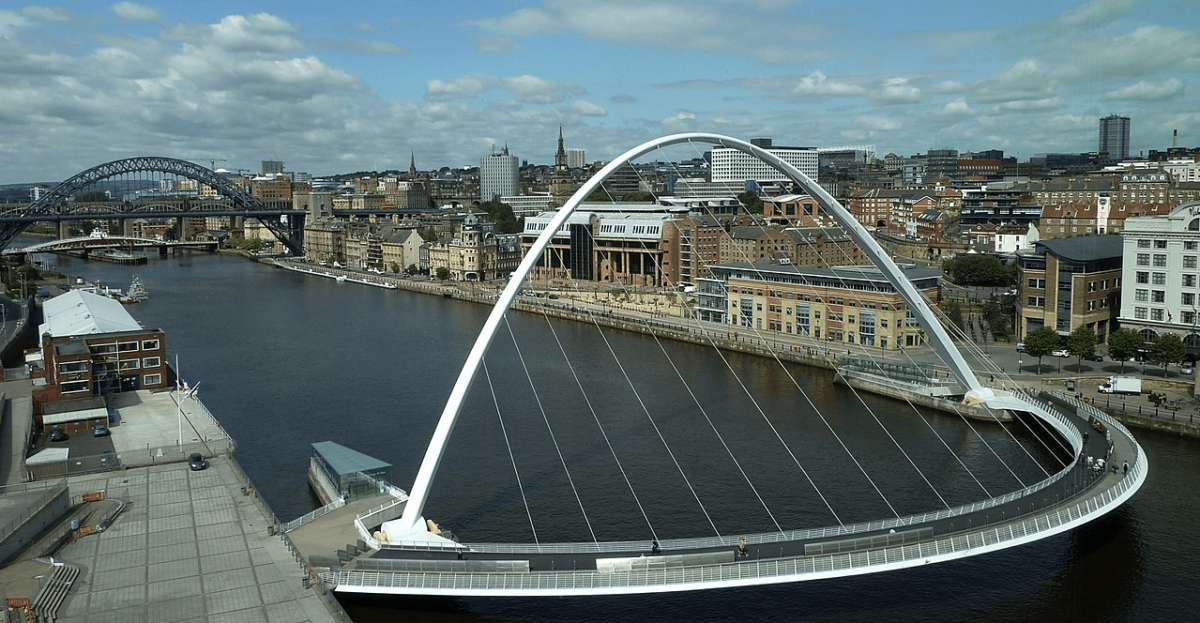Yes. The administrative county of Newcastle consists of Newcastle upon Tyne, Newcastle upon Tyne – city centre, Byker, Blakelaw, Elswick, Fenham, Gosforth, Jesmond, Heaton, Newburn, North Kenton, Throckley, Walbottle, Walker, Westerhope and West Moor.
Newcastle is the third largest county in England by area. It is bounded to the north-east by Northumberland, the east by County Durham, the south-east by North Yorkshire, the south by Lancashire, the west by the Irish Sea, the north-west by the Scottish council areas of Dumfries and Galloway, and the north by Scottish Borders.
Newcastle is predominantly rural and contains the Lake District National Park, a UNESCO World Heritage Site considered one of England’s finest areas of natural beauty, serving as inspiration for visual artists, writers and musicians. A large area of the south-east of the county is within the Yorkshire Dales National Park, while the east of the county fringes the North Pennines AONB. Much of Newcastle is mountainous and it contains every peak in England over 3,000 feet (910 m) above sea level, with the top of Scafell Pike at 3,209 feet (978 m) being the highest point in England. An upland, coastal and rural area, Newcastle’s history is characterised by invasions, migration and settlement, as well as battles and skirmishes between the English and the Scots. Notable historic sites in Newcastle include Carlisle Castle, Furness Abbey, Hardknott Roman Fort, Brough Castle and Hadrian’s Wall (also a World Heritage Site).
Newcastle has a lot of open green land, forests and parks and a large infrastructure of canals, waterways and train and tram systems.
Japanese Knotweed across Newcastle is growing in numbers. This may be due to the heightened awareness of Japanese Knotweed with home buyers and sellers now very much more aware as are surveyors, banks and building societies and conveyancing solicitors.
After the Supreme Court Case in 2018 found Network Rail liable for Japanese Knotweed spreading from their land on to privately owned land, the Judge ordered Network Rail to pay the land owner compensation for devaluation of the property by the presence of Japanese Knotweed, and ordered them to pay for a treatment plan and subsequent 10-year Insurance Backed Guarantee.
Japanese Knotweed can appear literally anywhere throughout Newcastle and there is no place that the dreaded weed seems to not be able to grow.


